Ralf Rückauer, VP Unscripted at ZDF Studios, talks through the company’s international partnerships and alliances, his programme highlights for this fall, and how the unscripted market is changing.
How important are international partnerships to ZDF Studios’ global strategy?
They are essential. It was not without reason that ZDF set up an acquisitions and sales subsidiary 30 years ago to play a more active role in the international market. Over the decades, we have acquired stakes in numerous production companies, founded companies for digital marketing and, with Off the Fence, invested in a company that not only wins Oscars and Emmys but is also – like us – a very successful international distribution company.
It is ingrained in our DNA that we operate internationally. Strong partnerships are very important to us. We are less interested in the quick deal than in long-term, intensive, close and sometimes demanding partnerships. At the same time, we always put loyalty and common interests at the top of our agenda, even in difficult times.
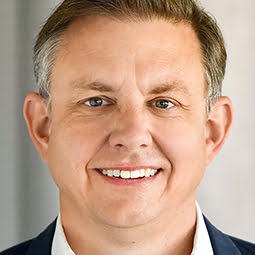
It is important for us not only to be successful in Germany, but also to play an active role on the international stage, to have an attractive network of creative and production partners, to be aware of trends, and to have access to high-quality programmes. We do not see ourselves as a German distributor, but as an international company that happens to be based in Europe.
This attitude and orientation have always been particularly important to us in the unscripted genre. We have strong relationships and partnerships with indies and majors in the UK, Canada, Australia, New Zealand, Ireland, France, Spain, Italy and many other countries whose programmes we distribute worldwide. We have close friendships and outstanding projects that we have realised together with broadcasters and streamers from all over the world – with or without ZDF’s involvement.
How do these partnerships work in terms of development, financing and production?
We can cover all the steps from the initial idea, through production and distribution, to programming our own VoD offerings and FAST channels, and we are also looking at what media and rights distribution might look like in the age of big data and artificial intelligence.

When someone comes to us with an interesting idea, we see ourselves not only as a financier and rights manager but also as a supporter of the work in the best sense of the word, regardless of whether ZDF has an interest in it. In many cases, we then work together with the producer to determine who might be a suitable partner for financing a project, how a sizzle reel should look, who we can approach, how and when, and what marketing measures can be launched. At this stage we are sometimes actively involved in the financing and from there we see the project through to completion.
How does your documentary distribution and production arm OTF fit into these partnerships?
We have a very long and close partnership with the founder of the company, Ellen Windemuth, and the team at Off the Fence. There was and is a high level of trust, mutual respect and admiration, and this also applies to Bo Stehmeier, who as Ellen’s successor already knew the company well when he returned to Amsterdam and took over the management.
Today, when you read that a company is merging with another, or that it is being ‘taken over,’ it suggests one company is bad and the other is good, and both companies will have to lay off employees in the process.
With Off the Fence, this was very different. We bought the company because it was so successful. We quickly realised it didn’t make much sense to combine everything just for the sake of it. Off the Fence will remain Off the Fence and the unscripted department at ZDF Studios will remain the unscripted department at ZDF Studios.
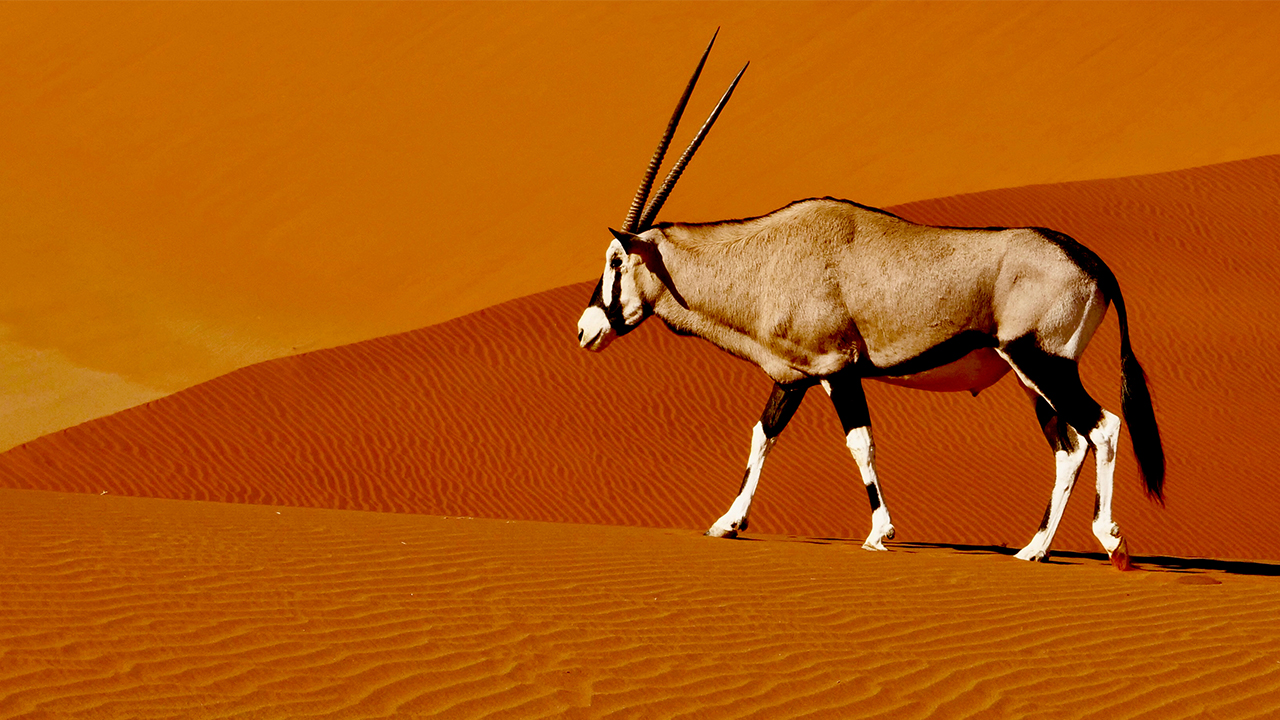
How does ZDF Studios work with its numerous production affiliates?
There are many opportunities to work with us at the unscripted department at ZDF Studios. It makes no difference to us whether a production company is part of our own group, belongs to another association or is an independent company. Our only criterion is the quality and international marketability of an idea. At the same time, I have to say we have an excellent portfolio of affiliated companies, particularly in the documentary sector, of which we can be justifiably proud.
Can you tell us about the shows ZDF Studios is focusing on this fall?
We’re delighted with the renaissance of classic formats, which is ensuring our all-time classic gameshow Wanna Bet…? is once again causing a stir, and not just on ZDF, where the show has a market share of up to 50%. There is simply a great deal of magic in the Wanna Bet…? format, and we are delighted by the growing international interest in this classic.
In the documentary segment, we have three highlights, again focusing on the wildlife, science and history genres. Namibia’s Natural Wonders is a two-part blue-chip production that presents dramatic stories of fascinating wildlife alongside images that show the impact of climate change.
In our captivating Mega Building Collection, we discover incredible buildings, vehicles and projects, and provide viewers with fascinating insights into ground-breaking achievements in technology and engineering. The series now continues with five new episodes: Roads, Submarines, Warplanes, Dams II and Bridges II.
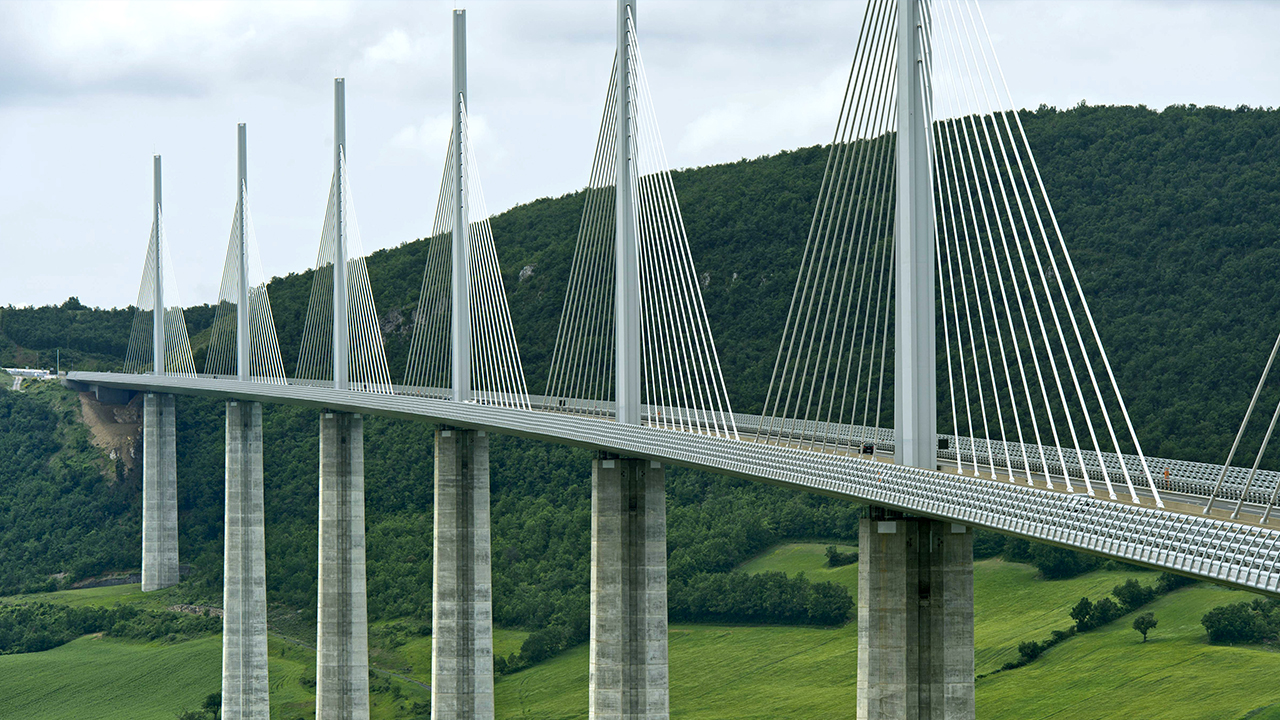
There is also a second season of Ancient Apocalypse, which investigates the stories of the collapse of some of the world’s greatest civilisations. The new season focuses on the Aztecs, the ancient Minoans of Crete, the Vikings of Greenland and the Moche of Peru.
How is your coproduction strategy changing?
We have done a lot of work with the major US networks and streamers, primarily A+E, National Geographic, Discovery, Smithsonian Channel, PBS, Netflix and Curiosity Stream. But the market has changed in the last few years; the networks are gradually withdrawing from linear, the pay TV business model is under pressure and these big US players have become much more international. They need to produce for their own worldwide platforms, and the copro model became somewhat obsolete.
However, we see two opposing trends. On the one hand, streamers are opening up to carve out territories, moving away from the “all rights worldwide original” model. This is an interesting development for traditional, linear broadcasters to get access to high-quality programming. For us as distributors, however, this model has very limited appeal because projects tend to pay for themselves over multiple sales in multiple territories.
On the other hand – and this is where it gets very exciting – there is a growing interest, especially among European broadcasters, to join forces, to become stronger together. For example, a few years ago we produced The Celts with the BBC; then Africa From Above with UKTV; and will soon be coproducing and distributing some of the Global Doc programmes with Caroline Behar of France Télévisions. Coproductions with Canadian, Australian, New Zealand and Irish production companies and broadcasters are also becoming increasingly attractive to us. So the classic coproduction with several partners from different countries is making a comeback – at least in the documentary sector.
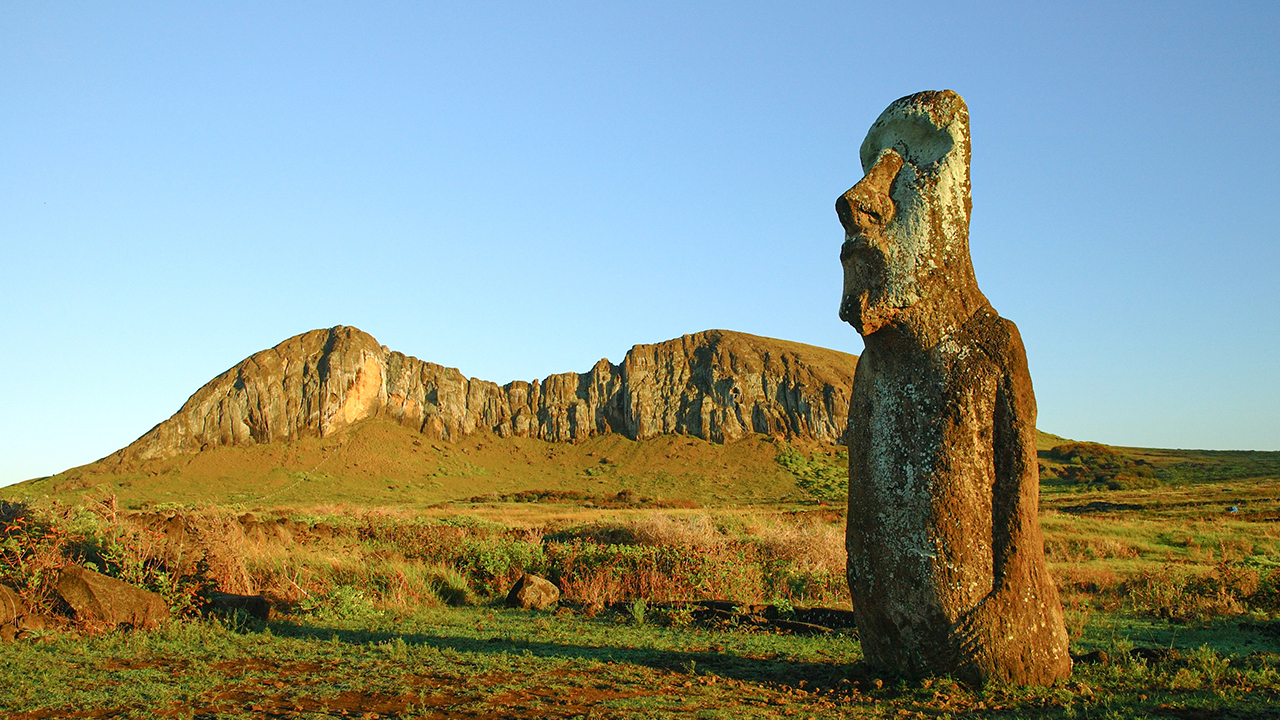
What shows do you have in development for which you are seeking copro partners?
In the subgenres of wildlife, science and history, we have new projects for which we are looking for coproduction partners. Lost Women Spies (6×52’) uncovers the harrowing story of the British female spies who fought for freedom in Nazi-occupied France. It is produced by World Media Rights in London.
History of Love (5×50’), meanwhile, will be a new addition to our science catalogue. As long as people have existed, they have had sex. But what about love? When did it come into the world? Inspired by Yuval Harari’s book Sapiens – A Brief History of Humanity, the programme focuses on major turning points in the life of love. It is a production of Taglicht Media.
Lastly, Spectre of the Jungle (2×52’) is about a never-before-filmed monster bat, the vampyrum spectrum, with a massive one-metre wingspan, being studied by a group of young female researchers in the most remote jungle. It is produced by Blue Paw Artist.
How have streaming and FAST changed the landscape in the unscripted sector?
We have been working with streaming partners since 2007. We have been launch partners for Apple, Netflix, Amazon and many others in Europe. We started mostly with unscripted programming, and the advantages are obvious: we have a large volume; all programmes are at least in English; we deal with very international, global issues; the programmes cost less compared with fictional productions; and, in the case of documentaries, audiences, even in English-speaking territories, accept that interviewees and experts speak other languages.
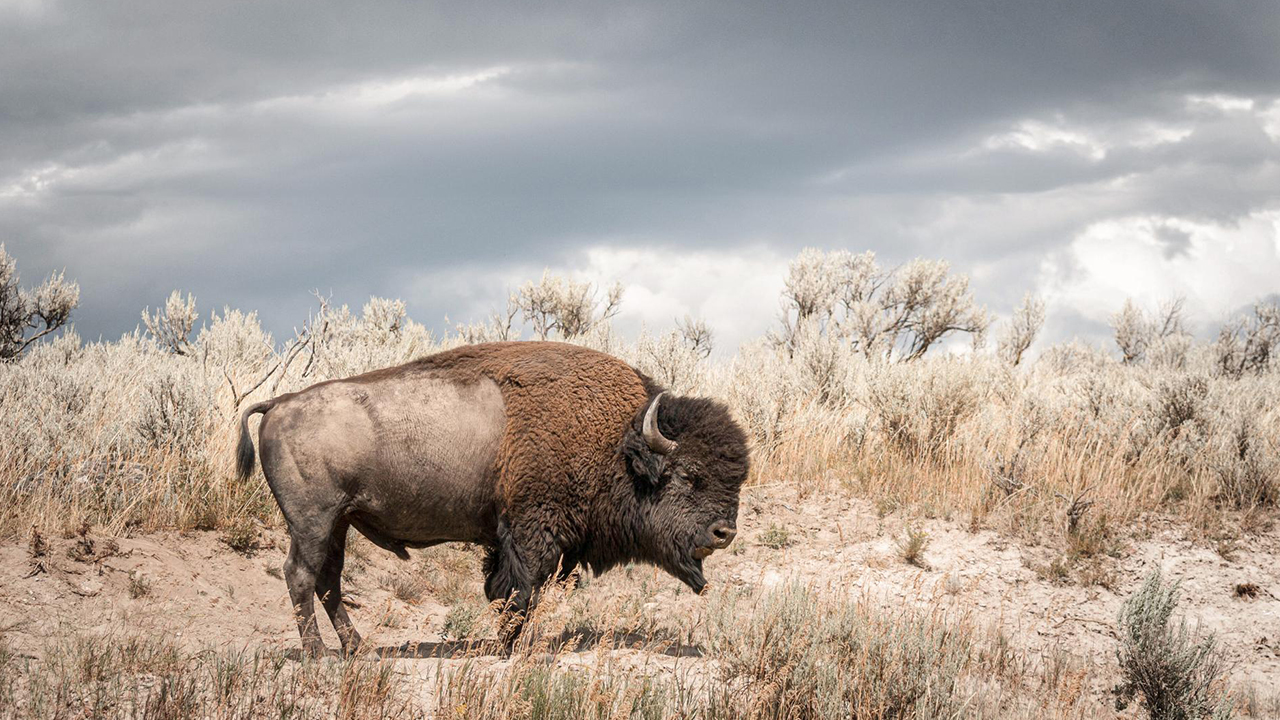
FAST channels are interesting again because customers save the subscription fee and don’t have to read through endless programme lists. Just switch on and start watching; lean back instead of leaning forward. At the same time, there are extreme niche channels that we can serve excellently with our large catalogue. I could see us working much more closely with other broadcasters, especially on the FAST channels, pooling our unscripted programmes, having a bigger programme portfolio and then going much further into the niche.
How will the economic situation impact demand for unscripted content?
Times are challenging. First there was the pandemic, which halted almost all production, and doc producers had to be very flexible and creative, working with small teams, editing from archive material or shooting with local producers. This resulted in great series, such as Africa From Above (Off the Fence) and The Six Continents Revealed (Story House Productions).
At the same time, there’s consolidation in the market, the big networks are under pressure, merging, shrinking, gradually abandoning their linear free-to-air or pay services. Public service broadcasters are under fire and consumers are tempted to save a subscription or two because of inflation.

Given the economic situation, I think ‘bread and circuses.’ Good entertainment and, above all, high-quality knowledge transfer will always play an important role and there will always be a need for it – perhaps even more so in difficult times like these. I am firmly convinced that we will soon reach the bottom in terms of commissioning. In terms of sales, we are not feeling any decline at the moment and demand is still high.
What is the biggest challenge facing the unscripted content business in 2023/24?
We have to keep reinventing ourselves. There are new platforms, new marketing channels, new partnership models and collaborations, and technology is advancing in terms of digitisation, artificial intelligence, automatic translations and so on.
In a few years, documentaries may be completely generated by AI. All you will have to do is enter the ingredients you want and AI will create an individual documentary for you in five minutes. For example: “India – aerial photos – dramatic music – only Harvard professors as interview partners – Christopher Clark as host – Scarlett Johansson as a narrator…”
OK, I’m exaggerating a bit and maybe we need a few more years, but it’s something we need to keep in mind in 2023/24. A beautiful new world? Perhaps.
Dr Markus Schäfer, appointed President and CEO of Germany’s ZDF Studios earlier this year, shares his thoughts on how the global content market is changing and the impact of streaming, and offers a glimpse of the company’s content pipeline via C21’s Digital Screenings.
How is international demand for the kind of content represented in your sales catalogue changing?
ZDF Studios is proud of its long-standing relationships with national and international partners, often shaped around high-volume output deals in combination with sales of our flagship programmes, such as international coproductions from our own or the group’s development slate. However, the rights our partners require are changing. With the shift of users from linear to non-linear consumption, digital rights play a bigger role than ever.
READ MORE
Fred Burcksen, president and CEO of ZDF Enterprises, discusses the company’s playlist for C21 Digital Screenings, which spans kids, drama and factual programming.
ZDF Enterprises (ZDFE) may have the largest collection of German-language programmes in the world, but it is nevertheless always on the look-out for hits in other languages, particularly non-English-language dramas.
The Mainz-based firm, the commercial arm of German public broadcaster ZDF, has already had a big hand in drawing international audiences to non-English-language scripted series by being an early adopter of Scandinavian crime drama. “We were the first to market Nordic noir internationally and paved the way for its success and countless remakes in other countries,” says Fred Burcksen, ZDFE’s president and CEO.
Now considered as one of the chief architects of the Nordic noir boom, ZDFE distributed international ratings hits such as Danish police procedural Forbrydelsen (The Killing), acquired by broadcasters and platforms in more than 120 countries, including by the UK’s BBC, and Danish-Swedish crime thriller Broen (The Bridge), which was remade by US network FX and starred Diane Kruger.
READ MORE
Fred Burcksen of ZDF Enterprises, the commercial arm of German public broadcaster ZDF, discusses his new C21 Digital Screenings playlist and explores how the pandemic has impacted viewing trends.
ZDF Enterprises (ZDFE)’s playlist arrives as broadcasters still grapple with the fall-out from delayed productions. Representing each of its three genres, drama, unscripted and kids, the titles have all been selected for the virtual Mipcom, currently running online, and offer variety for buyers with gaps still to fill.
Despite the different mix of content, a common thread runs through all of ZDFE’s programming. “We’re looking for good stories that are contemporary,” says Fred Burcksen, who has been president and CEO of ZDFE since 2018 and is responsible for maintaining the distributor’s strategy during these unprecedented times.
For Burcksen, ZDFE’s programmes serve the viewer in different ways. “In some cases, they help us escape from reality, and sometimes we do confront reality. In the end, it’s all about telling good stories, being original and keeping up with the pace and developments in the market,” says Burcksen, pointing to ZDFE’s first playlist choice, Top Dog (8×45’), from the acclaimed Swedish producers of Bron.
READ MORE
ZDF Enterprises of Germany has prepared a broad slate for its C21 Digital Screenings. Here, President and CEO Fred Burcksen takes us through the playlist.
Despite the stormy seas the industry has been navigating for the past two months, and the likelihood that it will continue to do so throughout the summer, Germany’s ZDF Enterprises (ZDFE) has been conducting business as usual and offers a wide range of content to plug gaps in programming brought about by the pandemic.
At the helm of ZDFE, the commercial arm of German public broadcaster ZDF, is President and CEO Fred Burcksen, who has been working to adapt the distributor’s strategy to the turbulent times and believes it’s within the company’s nature to adapt to new scenarios.
“We are all sitting in the same boat right now,” Burcksen says. “Productions had to be stopped and we are anxiously waiting to find out when and under what conditions they can resume. We adapt to the situation and find creative solutions and it’s in our DNA to embrace change. At present we are focusing on chances rather than on the negative effects resulting from the pandemic.”
READ MORE